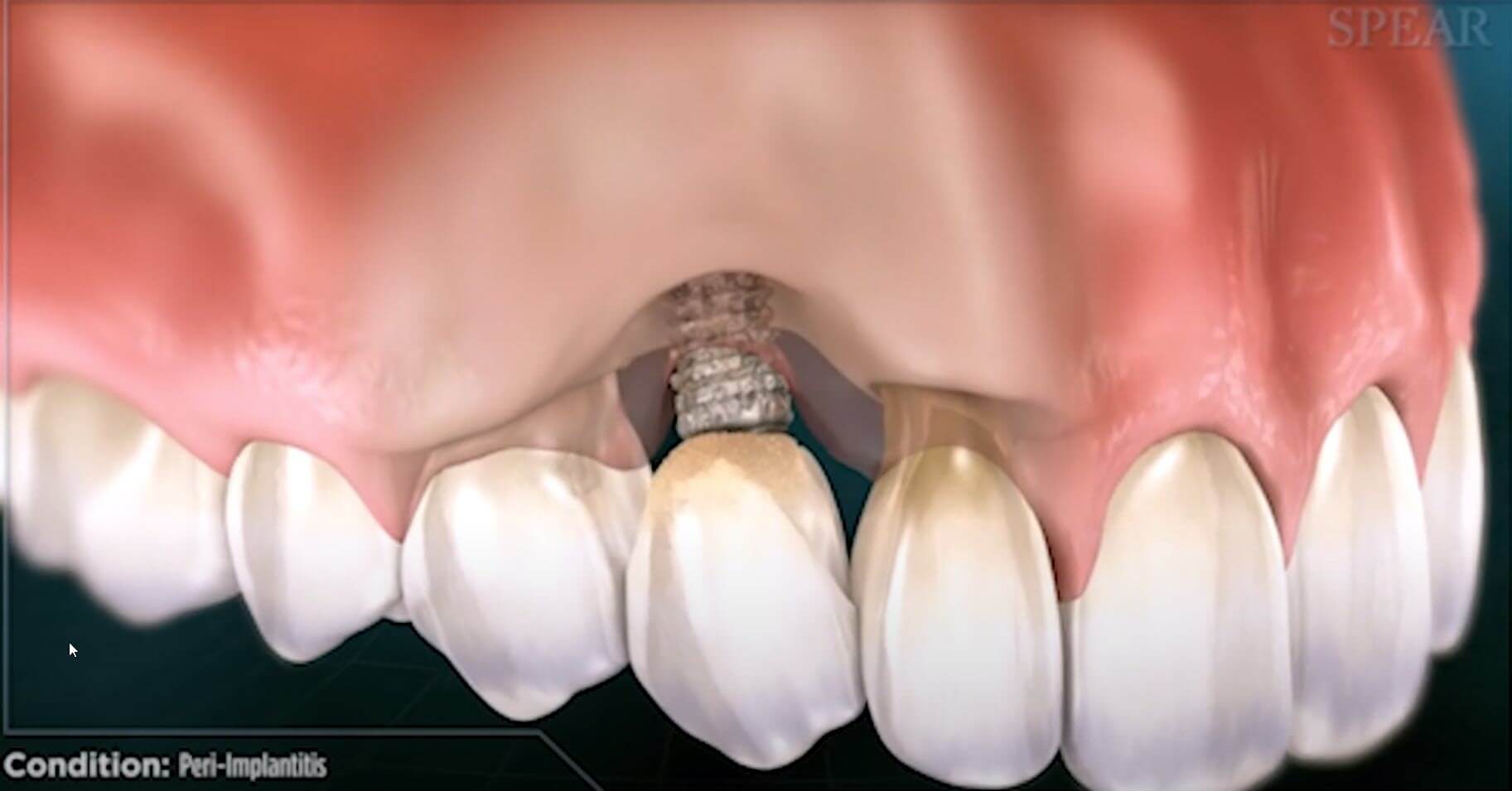Over the past few decades, dental implants have become an extremely popular method for replacing missing or decaying/damaged teeth that can’t be saved. The reason for their popularity is the fact that they provide a long-term or even life-long solution that comes closest to your natural teeth. The techniques for installing implants have also advanced and made dental implant installation less invasive and more successful. Dental implant specialists, like Dr. Kissel in New York City, can use microsurgery techniques, making the surgery and recovery period easier and faster for you. What’s more, microsurgery also significantly reduces the risk of complications since the better one can see, the more knowledge one acquires resulting in careful manipulation of tissues and critical anatomy. With proper care, your dental implants can last a lifetime. However, although rare, dental implant failure can occur for several reasons.
Causes of Dental Implant Failure
Dental implant failure is rare but if it does occur it can result in further procedures and expenses. So, it’s best to be aware of why implants can fail. Additionally, you should be aware that not all dental implant providers are equal. As a result, you need to do some research before getting your dental plants. For example, ask about the type of implants that will be used to replace your teeth, the implant procedures, and about the qualifications, and experience of the implant specialist.
Peri-Implant Disease
Peri-implantitis (PI) is a common complication of dental implants. It is an infection that can lead to bone loss around the implant, causing it to become loose. In such cases, the implant will need to be replaced and there may be a need for additional surgical procedures like a bone graft.
Causes of Peri-Implant Disease
The risk of PI increases if you maintain poor oral hygiene, smoke, consume alcohol, or have gum disease (i.e. periodontitis). In fact, patients with periodontitis have around a 22% higher risk of developing PI. Other factors associated with PI are ill-fitting / ill-designed implants and lack of attached periodontal tissue around your implants.
How to Minimize the Risk of Peri-Implant Disease
The risk of PI can be minimized when your dental implant specialist uses high-quality implants with years of proven clinical success. As a periodontist who has placed thousands of implants in New York City residents’ mouths for over 25 years, Dr. Kissel is committed to excellence. He only uses the most researched and tested implant systems available on the market from Straumann and Nobel Biocare. Using such advanced and studied implants for your surgery helps give you an edge in achieving implant success.
Implant Fails to Integrate With Jawbone
Another reason why your dental implants can fail is the lack of integration of the implant to your jawbone. In order to have a successful implant, you need osseointegration. This is the process by which your jawbone produces bone cells around the implant surface that surround and anchor it to your jawbone. If osseointegration doesn’t take place properly then your implant will be loose and eventually fail. This type of implant failure can occur in patients with low jawbone density. However, it can also happen if you experience dental trauma soon after your implant procedure.
Causes of Failure to Integrate
Similarly to PI, gum disease can prevent osseointegration from taking place. Also, diseases like osteoporosis can affect bone strength and density, preventing the implant from anchoring properly.
Additionally, cancer treatments can also affect the bone’s ability to heal. Likewise, some medications, such as antidepressants, can also put make osseointegration more difficult.
Signs of Implant Failure
The most common sign that your implant is failing is pain in the area of your dental implant. Swollen gums and a loose implant are also indications that you need to visit your periodontist / dental implant specialist as soon as possible.
What Can Be Done About Failing Implants
Dental implant failure is treated according to the cause of the failure. If you have PI, at the initial stages, then you may only need to clean the implant and improve your oral hygiene. However, if PI has progressed to the point where the bone around the implant has been lost, then you may need to do a bone graft before replacing the implant. A bone graft may need several months to heal before your new implant can be installed.
Consult with an Experienced and Qualified Dental Implant Specialist
If you are experiencing dental implant failure, you need to consult with a qualified implant specialist. If you are New York City resident, you can reclaim your beautiful smile and the full functionality of your teeth by booking your dental implant consultation with Dr. Kissel. During your consultation, he will perform a complete examination of your implants and gums. He will inform you about your dental implant issues, if you have any, and will discuss with you the best possible treatment. Dr. Kissel is one of the few dental implant specialists in New York City that use microsurgery techniques to ensure minimal trauma to the surgical site. Schedule your consultation today at his Manhattan office between E 52nd St. and E 53rd St.
